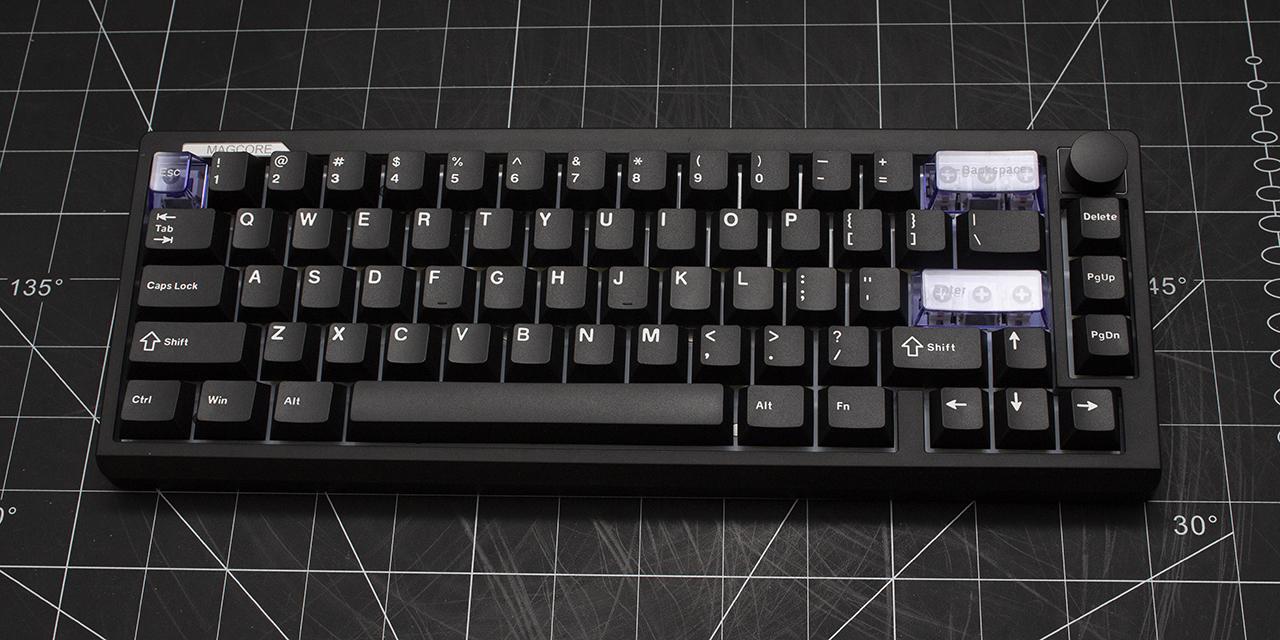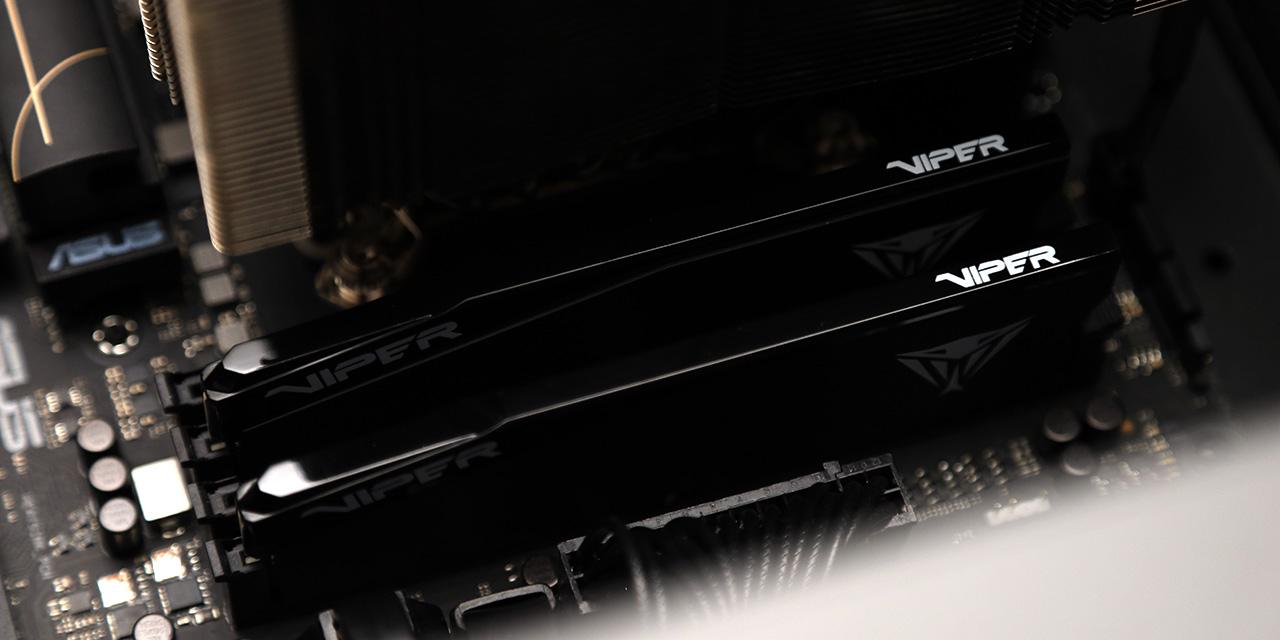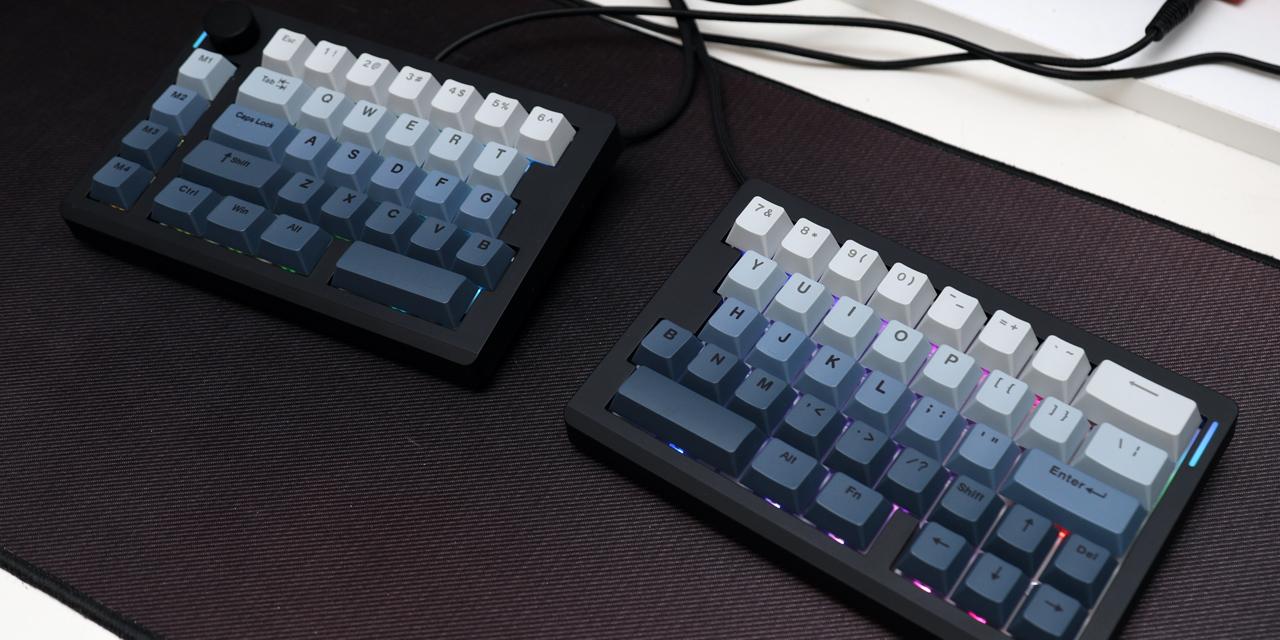|
From X-bit Labs: Perhaps, Seagate Technology was late to the consumer solid-state drive party. Nonetheless, one of the world’s largest makers of hard drives is about to spend more than one could imagine on development of solid-state storage, according to its high-ranking official. One of the leaders in HDD manufacturing is quite confident in its performance on the market of SSDs. “I think based on the activities that […] we have done over the past year were still very interested in making strategic investments in SSD and PCI Express category products. Organically, we have been utilizing our Samsung partnership as well as our internal development efforts. Right now, based on our forecast as we would exit this year, our organic efforts in SSD would be greater than any of those companies that were recently acquired by in the open marketplace. So, I think we feel pretty positive about the evolution of our SSD initiatives,” said Rocky Pimentel, executive vice president and chief sales and marketing officer. Seagate this year announced a number of rather unique solid-state drives designed for client and server computers. Based on the comment made by the marketing boss of Seagate, it is logical to assume that the firm will make further investments into the business and there will be more and more advances SSDs coming from Seagate. At present, Seagate plays a minor role on the consumer solid-state drives market ruled by companies like Corsair Components, OCZ Technology and others. Eventually, the firm will broaden the lineup of solid-state offerings and will likely expand its market share. Still, it seems that at present Seagate wants to address the mission critical/enterprise storage market at first and only then expand consumer SSD business. “Clearly there is emerging evolution of what is the high performance layer in the data centers which is […] a blend between mission critical and enterprise SSD and I think it is important that we have both sides of that equation covered, certainly there is again ebbs and flows of the transition between somebody wanting mission critical elements of HDDs and their typology versus SSD. […] With the growing success of our enterprise SSD initiative, we are less concerned about what does that mean for mission critical drives and what it means about our kind of high performance element of the enterprise overall,” added Mr. Pimentel. View: Article @ Source Site |
 |
Seagate: We Will Invest into SSD Development More Than Any SSD Makers
© Since 2005 APH Networks Inc. All trademarks mentioned are the property of their respective owners.





